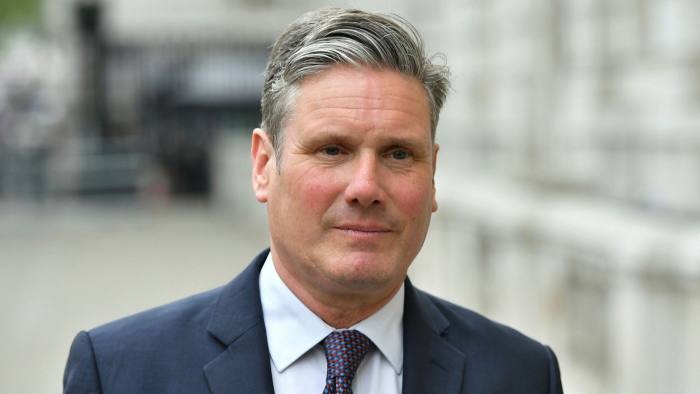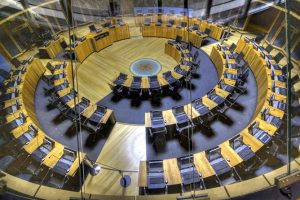In the midst of the Coronavirus crisis the election victory of Sir Kier Starmer as Labour Leader didn’t achieve the column inches one would normally expect. As is customary, I would like to wish Kier well in his role. I can not claim to know him as a person having only conversed on a few occasions, however I have respect for his debating ability, his considered tone and his eye for detail. I consider him a serious politician.
The challenges he faces are enormous of course. Labour have now lost four Westminster elections on the bounce. His decision making must quickly shift from efforts to unify his party to the far more important task of presenting a credible challenge to the Conservative party at the next Westminster election.
Labour has a defining choice to make, and this decision will have far reaching consequences for all political parties operating in the British State. On the one hand, Labour could revert to its usual tribal inward-looking tendencies. However, essentially this would mean writing off the next election as a part of a wider rebuilding strategy aimed at the 2029 election. A stark admission as it would mean Labour having been out of power at Westminster level for twenty years at best.
Alternatively, Kier Starmer could acknowledge that Labour on their own will not be able to challenge the Tories for power at the next Westminster election. This path would then require Starmer reaching out to all the other opposition parties in Westminster apart from the DUP. I am talking about more than just coordination of parliamentary activity in Westminster. In a first past the post electoral system we are talking about the need for non-aggression pacts, and a joint programme of government. I would go as far as to suggest that the government itself would need to be a unity administration delivering on the agreed programme.
Parliamentary boundary changes makes the task even more pressing. Whatever one thinks of his opportunistic politics, Boris Johnson has succeeded in unifying the right of the political spectrum. However, the centre and left have a host of parties vying for support. In a political system based for two horse races, the end result is brutal as we saw in December.
What sort of programme could Plaid Cymru, SNP, Green, Liberals, SDLP, Alliance and Labour unite around? There would be little difficulty in agreeing a progressive economic and social policy platform. A proportional voting system would be a must to enable all parties to compete equally in subsequent elections. The big challenge for me seems to be the constitutional question when it comes to Scotland and Wales. For Plaid Cymru and the SNP there would need to be a commitment for a fully Confederal system leaving only foreign affairs, defence, and macro-economic policy reserved – the sort of settlement promised by Cameron and Brown on the eve of the Scottish independence poll. This should be supported with House of Lords reform into an elected Senate of the Nations of the British State. Both Wales and Scotland would also require the statutory right to hold independence referenda at time of their own choosing. This should be uncontroversial as it is the policy of the Labour Welsh Government.
This is the very simple choice facing the new leader of the Labour party. Does he want to be Prime Minister, or effectively a plumber performing a re-patching job on a tired and insular party.

















Add Comment